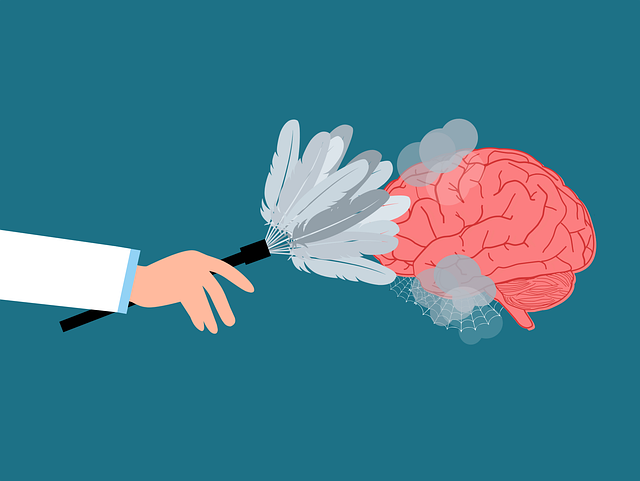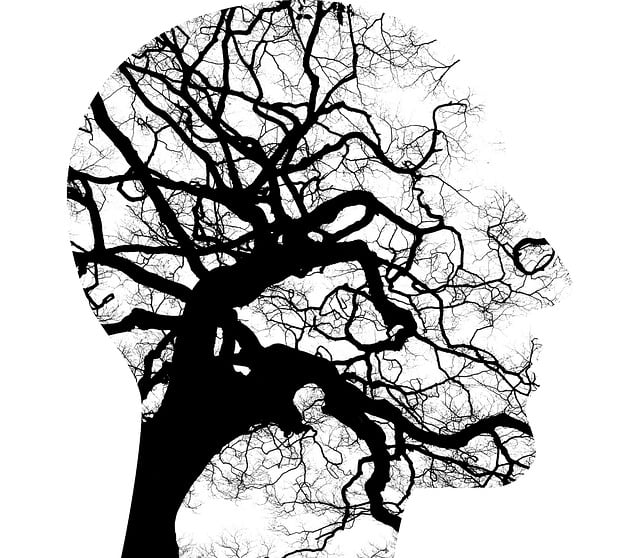Mental health advocacy plays a pivotal role in raising awareness, challenging stigma, and promoting understanding of neuro disorders. Through public education, personal storytelling, and resource provision, advocates empower individuals to take charge of their mental well-being. Therapy for adults with neuro disorders offers transformative self-care practices and journaling exercises, leading to improved quality of life and emotional resilience. Advocacy initiatives leverage strategic approaches, cultural sensitivity, and evidence-based practices to ensure accessible therapy, reduce stigma, and enhance overall mental health outcomes for this population.
Mental health advocacy initiatives are transforming lives by challenging stigma and promoting access to care. This article delves into crucial aspects of mental health activism, from understanding its foundational principles to exploring effective strategies. We examine the profound impact of therapy on adult neuro disorders, emphasizing the role of specialized treatment in managing conditions that once carried significant social barriers. Through public education and advocacy, we build a landscape where support is accessible and understood.
- Understanding Mental Health Advocacy: A Necessary Movement
- The Impact of Therapy on Adult Neuro Disorders
- Building Awareness: Educating the Public and Dispelling Stigma
- Effective Advocacy Strategies for Mental Health Initiatives
- Supporting Research and Access to Treatment for Neurodisorders
Understanding Mental Health Advocacy: A Necessary Movement

Mental health advocacy initiatives are a necessary movement to bring awareness and support to individuals facing various mental health challenges. It involves raising public awareness about mental disorders, challenging stigma, and promoting understanding. Advocacy plays a crucial role in ensuring that people with neurodisorders receive the therapy they need. By educating communities about the importance of emotional healing processes, these initiatives foster an environment where everyone can access the coping skills required to manage their mental well-being effectively.
The development of public awareness campaigns is instrumental in this advocacy. They help destigmatize mental health issues and encourage early intervention. Through various platforms, advocates share personal stories, provide resources, and offer guidance on available treatments, including therapy for adults with neuro disorders. This collective effort not only supports those struggling but also empowers them to take charge of their emotional well-being.
The Impact of Therapy on Adult Neuro Disorders

Therapy for adults with neuro disorders has been shown to significantly improve their quality of life and overall mental wellness. Through tailored self-care practices and mental wellness journaling exercises, individuals can gain a deeper understanding of their conditions and develop effective coping strategies. This holistic approach not only addresses symptoms but also fosters confidence and resilience. By engaging in regular therapy sessions, adults with neuro disorders can navigate the challenges they face with newfound clarity and purpose, leading to enhanced emotional well-being.
Additionally, therapy provides a safe space for individuals to express their experiences, process difficult emotions, and explore alternative perspectives. This guidance can be instrumental in promoting positive mental health outcomes, helping them lead more fulfilling lives despite their neurodiverse backgrounds. The benefits of therapy extend beyond symptom management; it empowers individuals to embrace their unique strengths and navigate the complexities of daily life with greater ease and confidence-boosting strategies.
Building Awareness: Educating the Public and Dispelling Stigma

Mental health advocacy initiatives play a pivotal role in building awareness and dispelling stigma surrounding neuro disorders. Education is a powerful tool to break down misconceptions and barriers that often prevent individuals from seeking therapy for adults with neuro disorders. Through public outreach programs, Mental Wellness Podcast Series Production, and interactive workshops, communities can foster an environment of understanding and acceptance. By providing accurate information about various conditions, such as anxiety relief strategies, and highlighting the importance of early intervention, these initiatives empower people to recognize signs and offer support.
Healthcare Provider Cultural Competency Training is another crucial aspect that ensures professionals are equipped to handle conversations around mental health sensitively and effectively. This training equips them with the knowledge and skills to address cultural nuances, biases, and stereotypes, thereby facilitating open dialogue. As a result, individuals facing neuro disorders can access appropriate therapy without fear of judgment or discrimination, fostering better outcomes for their mental wellness.
Effective Advocacy Strategies for Mental Health Initiatives

Mental health advocacy initiatives require strategic approaches to effectively raise awareness and promote understanding. One key strategy involves sharing personal narratives, especially for those with neuro disorders, as it humanizes the experience and fosters empathy among the general public. This can be achieved through various platforms, such as social media campaigns, community events, or even policy briefs, where individuals openly discuss their journeys, challenges, and triumphs. By doing so, they challenge stereotypes and promote a more inclusive perception of mental health.
Additionally, integrating evidence-based practices into advocacy efforts is vital. For example, promoting compassion cultivation practices can empower both patients and professionals. These practices enhance emotional resilience and foster a sense of belonging, which is crucial for individuals navigating neuro disorders. Moreover, emphasizing the importance of cultural sensitivity in mental healthcare practice ensures that initiatives are inclusive and tailored to diverse communities, thereby improving access to effective therapy for adults with neuro disorders and enhancing overall mental health outcomes.
Supporting Research and Access to Treatment for Neurodisorders

Advocacy initiatives play a pivotal role in supporting individuals affected by neurodisorders and promoting access to effective therapy for adults with such conditions. Mental health advocacy groups lobby for increased funding, improved healthcare policies, and enhanced research into neurodisorder treatment options. By raising awareness about the specific needs of those living with mental illness, these efforts aim to reduce the stigma associated with neurodiversity. This shift in perception encourages earlier interventions and better support systems, ultimately improving quality of life.
In addition to advocating for policy changes, these initiatives also emphasize the importance of accessible therapy for adults with neurodisorders. This includes pushing for more specialized mental health services, training healthcare professionals in risk assessment for those with neurodiverse conditions, and implementing burnout prevention strategies to ensure a sustainable support system. By addressing both research gaps and practical challenges, advocacy groups strive to create an environment where individuals with neurodisorders can receive the comprehensive care they deserve.
Mental health advocacy initiatives, ranging from public education to research support, are pivotal in fostering understanding and improving access to treatment, particularly for adult neuro disorders. By implementing effective strategies discussed in this article, we can create a more inclusive and supportive society that prioritizes mental wellness. Therapy for adults with neurodisorders plays a crucial role in this progress, ensuring folks receive the care they need to thrive. Through collective efforts, we can dispel stigma, enhance awareness, and ultimately revolutionize mental health support.














